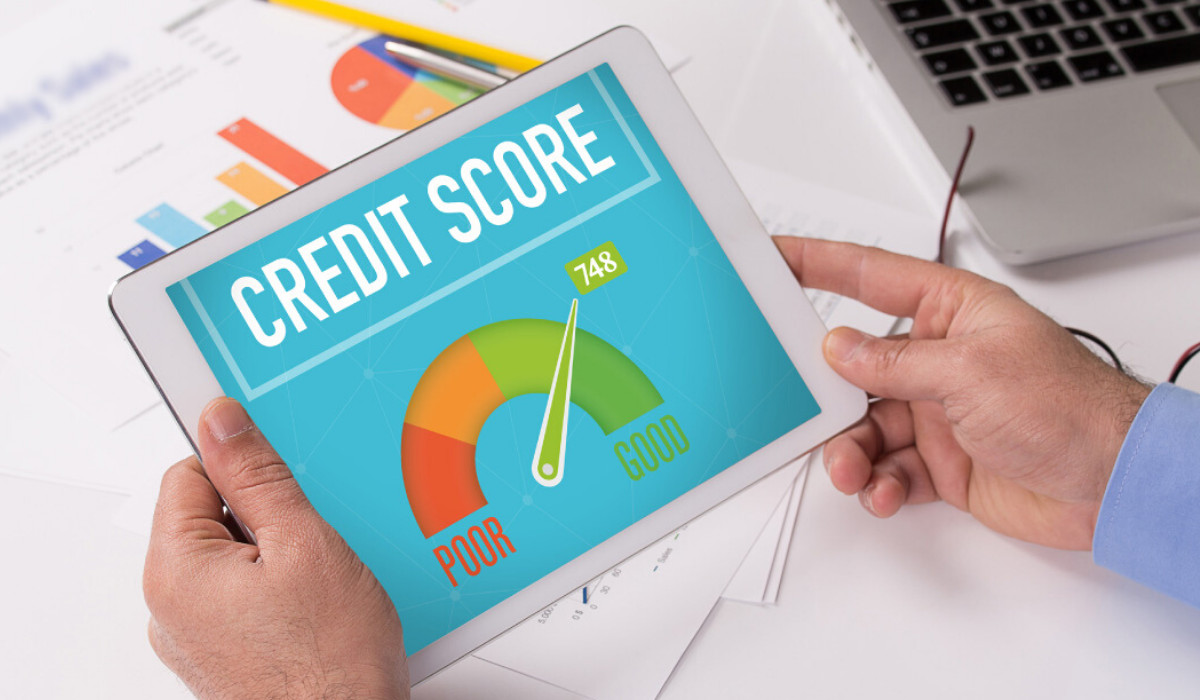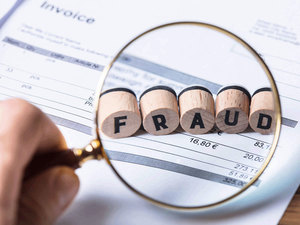You may have an idea about the credit report and what it contains, you might wonder from where does all this information come from, and how is the information in the credit report compiled? We are now going to explain the answers for the above questions.
The details primarily come from lenders, creditors and collection agencies. Every month lenders, creditors and collection agencies will report details about you to one, two or all the four bureaus. It is mandatory for Credit Institutions (banks) to be a member of any one bureau as per The Credit Information Companies (Regulation) Act, 2005.
Once the credit bureau gets data from lending institutions, your credit report and credit score will then be updated. Although it is possible that no new information will be added during any given month, which means you need to bring it to the attention of the credit bureau and banks, in case there is any change. In general, your credit report is updated frequently, as new information is reported by the lenders. However, it’s important to also keep in mind that most lenders report changes in account status, such as payments you have made or if you have fallen behind, on a monthly basis. If you make a payment in one of your accounts, it is possible that the payment won’t appear on your credit report for up to 30 days.
You may have a question– why do lending institutions have to be a member of the credit bureau? The answer is very simple, protection. Banks and other financial institutions share information to protect themselves from debtors who won’t pay as promised. Lenders rely upon credit reports and scores to help them predict the risk of doing business with new credit applicants. The more complete and accurate credit reports become, the better they are at helping lenders predict credit risk.
Importance of Credit Report
Your credit report is the only source to check your credit history for creditors and this is the first thing creditors check while you are applying for a loan or credit card. What someone finds listed on your credit report will directly impact your credit approval or rejection. The three digits in your credit report is a reflection of what you did with your financials before or the credit card used before. It means a credit report has a lot to say about repayment and managing habits of your credit. Any creditors who obtained and evaluated a copy of your credit report can quickly find out what to do with your loan or credit card application, but with information depicted by your credit report and score.
Whatever information your credit report contains is important when it comes to obtaining credit cards and loans; hence it is very important for you that your information is well maintained with accuracy in your credit report and is also up–to–date and latest. It is necessary that the information reported to credit bureaus by your creditors depicts you in a positive light. Your credit report is a key component of your financial health and it is the basis for creditors to identify your repayment potential. Though it does not include your employment history or income history, it still gives a hint to the creditors regarding how you have managed your financials in the past and what is your current ongoing. If it is well maintained, it is a powerful tool to turn the tables towards you.
Unchecking your credit report, will lead to credit fraud and can temporarily damage your credit and you may require lots of time and hassle to restore or correct it. Many have a question whether checking a credit report really lead to damaging it? The answer is no. When you check your own credit report, it will not affect your credit report or credit score.
Now that you know the importance of your credit report and credit score, it is equally important to carefully analyze your current financial situation and know what can be done to improve or remove any negative information that could impact your chances to apply for loan or credit in the future. We must not wait till the application process to fix credit problems, because it is a time consuming process.
Why do you need to understand your credit report?
Understanding credit reports will help you in many ways. First and foremost, if you understand the meaning of a credit report then it will help you to identify any error which has happened due to your mistakes, lender’s mistakes or credit bureau’s mistakes. If your journey is pre planned with adequate requisite then you will have lots of fun, but if your journey has lots of speed breakers, you will end up with an annoying note. Let’s see if you have any appliance or a vehicle for example, but whenever you use that, you face some and other kind of breakdown which makes you frustrated. So, what are solutions for this unwanted problem? The only possible solution is regular maintenance rather than bearing continuous expenses.
Simply, prevention is better than cure. Let’s understand why you need to check and understand your credit report:
Peace of mind
As prevention or regular maintenance reduces major risk of your appliance or car, likewise regularly checking your credit report helps you ensure that you are managing and keeping track of your debts. This provides you with peace of mind and lets you enjoy a better financial life.
Maximize credit health
Rome was not built in a day, and neither will your credit history be made in a second! Small steps at a time and measurable actions will help you build a better financial life. Credit report is an important part of your credit life. Regular check up can provide good financial health. That simply means when there is a need for credit, your accurate and well maintained credit report and score will help you instantly.
Understanding your financial and economic responsibility
Checking your credit report regularly will ensure you are carrying good financial and economic responsibility. When your financial life is well in condition, your overall life is sorted out well. Hence regular monitoring and understanding of your individual credit report is required to ensure a good credit life.
I hope we have cleared many things here in terms of how credit reports are compiled, why credit reports are so important than earlier, and why you should check your credit report often.








